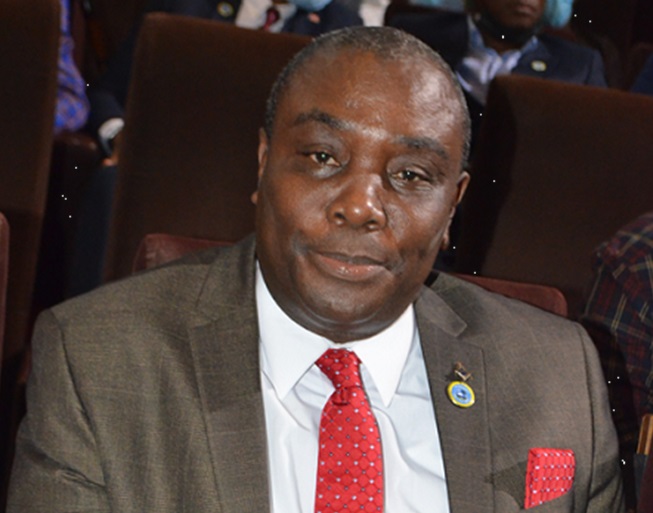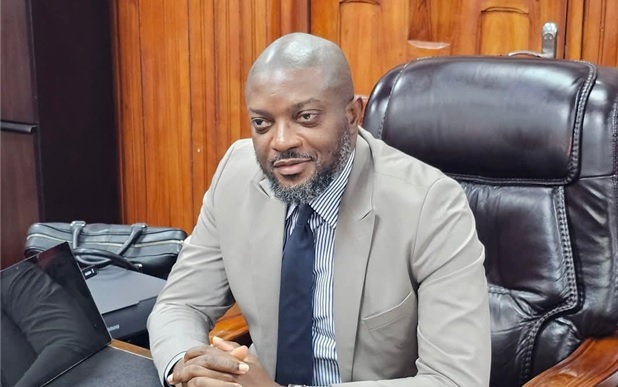MONROVIA, LIBERIA – Sinoe County Senator Crayton O. Duncan is urging the Liberian Legislature to adopt bold economic reforms in response to the recent suspension of U.S. foreign aid, a decision that has disrupted national funding and key development programs. The senator argues that Liberia must use this crisis as a turning point to restructure its economy, reduce dependency on foreign assistance, and take full control of its vast natural resources.
In a formal communication to the Senate on Tuesday, February 18, 2025, Duncan warned that Liberia’s economic survival depends on immediate policy changes. He proposed a comprehensive overhaul of concession agreements, stronger support for local businesses, and tougher anti-corruption measures. According to him, the current framework benefits foreign investors at the expense of national development, a situation that must be reversed through legislative action.
Duncan emphasized that all concession contracts in sectors such as mining, forestry, and agriculture should be renegotiated to ensure fair revenue distribution. He insisted that companies extracting Liberia’s resources must be required to build infrastructure such as roads, schools, and hospitals as part of their contractual obligations. Additionally, he recommended that at least 60% of raw materials be processed within Liberia before export to promote industrialization and job creation.
Beyond renegotiating deals, the senator called for stricter control over the export of natural resources, particularly gold and diamonds. He proposed that half of these resources be allocated to the national reserve or used for public infrastructure before being sold internationally. Duncan also urged the government to enforce stringent environmental and social standards for all concessionaires, making it clear that failure to comply should result in contract termination.
The senator took aim at Liberia’s weak implementation of the Liberianization policy, arguing that foreign companies continue to dominate key industries while local businesses struggle to compete. He pushed for the establishment of a National Enterprise Development Fund to provide financing, equipment, and training to Liberian-owned businesses. To ensure job creation, he suggested that companies exceeding local employment and training targets should receive tax incentives, while those failing to meet obligations should face penalties.
Duncan also raised concerns over rampant corruption, citing a case where the National Disaster Management Agency allegedly misused over $500,000. He called for an independent audit task force to scrutinize government spending and monitor concession agreements. To strengthen accountability, he recommended whistleblower protection laws and mandatory performance audits for all state institutions, with audit reports made publicly accessible.
With the global economic landscape shifting, Duncan warned that Liberia cannot afford to continue depending on foreign aid. He urged the Senate to immediately establish a task force comprising lawmakers, legal experts, and international advisors to draft policies that will realign Liberia’s economic priorities. He maintained that without urgent action, the country risks economic stagnation and deeper financial instability.







